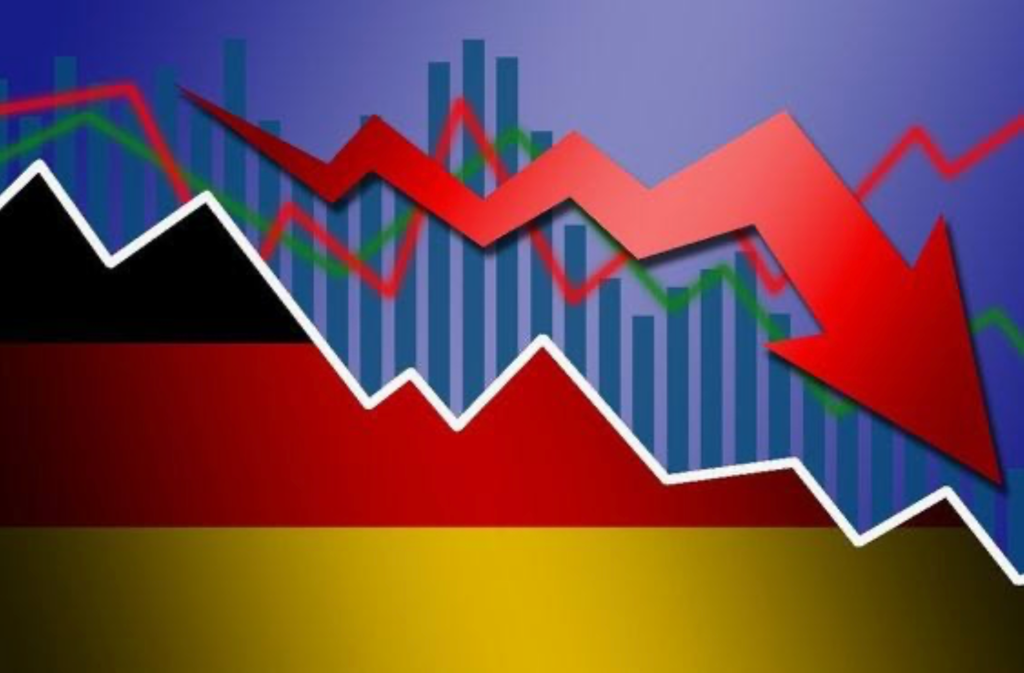By Will Rojas
In 1940, economist F.A. Hayek wrote, “We have progressively abandoned that freedom in economic affairs without which personal and political freedom has never existed in the past.” Hayek was referring to a marked decline in economic freedom at the time and its apparent connection to personal and political freedom. The past 10 years have portrayed a different story. The Human Freedom Index, a self-proclaimed “Global Measurement of Personal, Civil, and Economic Freedom” carried out by the Cato and Fraser Institutes, contains two separate indices: one for a nation’s economic freedom and another for its personal freedom. Between 2008 and 2018 (the last year for which the necessary data is fully available), the average personal freedom of nations fell by 2.8%, while average economic freedom rose by 1.9%. However, this divergence appears to be the exception.

Economic freedom has long been linked to personal liberty. The notion that economic freedom leads to a lesser dependence on the government, or other elements that would restrict liberty, goes back to Hayek. Later Milton Friedman would also say that “economic freedom is an indispensable means towards the achievement of political freedom.” From looking at current data, it appears that there is merit to this belief. When personal and economic freedom scores of all nations are compared, there is a robust connection between the two, with a correlation coefficient of 0.71—a correlation coefficient is a number between -1 and 1 where 1 is perfect correlation, -1 is perfect negative correlation, and 0 is no correlation: for positive values scores 0-0.3 are considered weak, 0.3-0.5 soft, 0.5-0.6 moderate, 0.6-0.8 good, and 0.8-1 strong. However, there are some nations that are exceptions to this rule. The United Arab Emirates is ranked 146th for personal freedom and 74th for economic freedom, whereas Mauritius is ranked 88th for personal freedom and 7th for economic freedom. In order to understand why this occurs, the makeup of the personal and economic freedom metrics must first be understood. Both the personal and economic freedom metrics for the Human Freedom Index have five main parts. Personal freedom measures legal protections and security through rule of law and security and safety metrics, while measuring specific personal freedoms through movement, religion, association, assembly, and civil society, expression and information, and identity and relationships metrics. Economic freedom, meanwhile, is measured through the size of government, legal systems and property rights, sound money, freedom to trade internationally, and regulation metrics. It is important to note that the legal systems and property rights metric from the economic freedom index includes elements of the rule of law metric from the personal freedom index. The rule of law metric, created by the World Justice Project, places the United Arab Emirates at 30th in the world. Mauritius, meanwhile, is ranked 38th in the world. This contrasts with the UAE’s personal freedom rank of 142 and Mauritius’ of 88. Their disproportionately high rule of law values may help explain why their economic freedom ranks are 68 and 81 places higher than their personal freedom ranks, respectively.

Rule of law is a necessary part of economic freedom. Without a legal system capable of enforcing property rights and defending one’s ability to carry out business, selling goods and services becomes much more difficult. This is reflected in the strong connection between rule of law and economic freedom, which carries a correlation coefficient of 0.73.
The connection between economic and personal freedom is a strong, but not a perfect one. Though many nations fit into the trend, there are notable exceptions. However, disproportionately strong rule of law helps explain these exceptions and exploring rule of law’s impact provides insight in its importance in ensuring a free economy and the connection between personal and economic freedom. □
Work Cited
- Durbin, E. F. M. (1945, December). Professor Hayek on Economic Planning and Political Liberty. Oxford University Press. https://www.jstor.org/stable/pdf/2226019.pdf
- Kim, A. (2007, September 28). The Link between Economic Freedom and Human Rights. The Heritage Foundation. https://www.heritage.org/report/the-link-between-economic-freedom-and-human-rights
- Levy-Carciente, S., Dr. (2020, November 24). International Property Rights Index 2020. Property Rights Alliance. https://atr-ipri2017.s3.amazonaws.com/uploads/IPRI+2020+Full+Report.pdf
- Macrovector. (n.d.). Isometric law design concept Free Vector [Image]. https://www.freepik.com/free-vector/isometric-law-design-concept_4324845.htm#page=1&query=money%20and%20law&position=7
- Vásquez, I. & McMahon, F. (2020, December 17). The Human Freedom Index 2020. Cato Institute & Fraser Institute. https://www.cato.org/sites/cato.org/files/2021-03/human-freedom-index-2020.pdfWorld Justice Project. (2020, March 11). WJP Rule of Law Index 2020. https://worldjusticeproject.org/our-work/research-and-data/wjp-rule-law-index-2020






Leave a comment